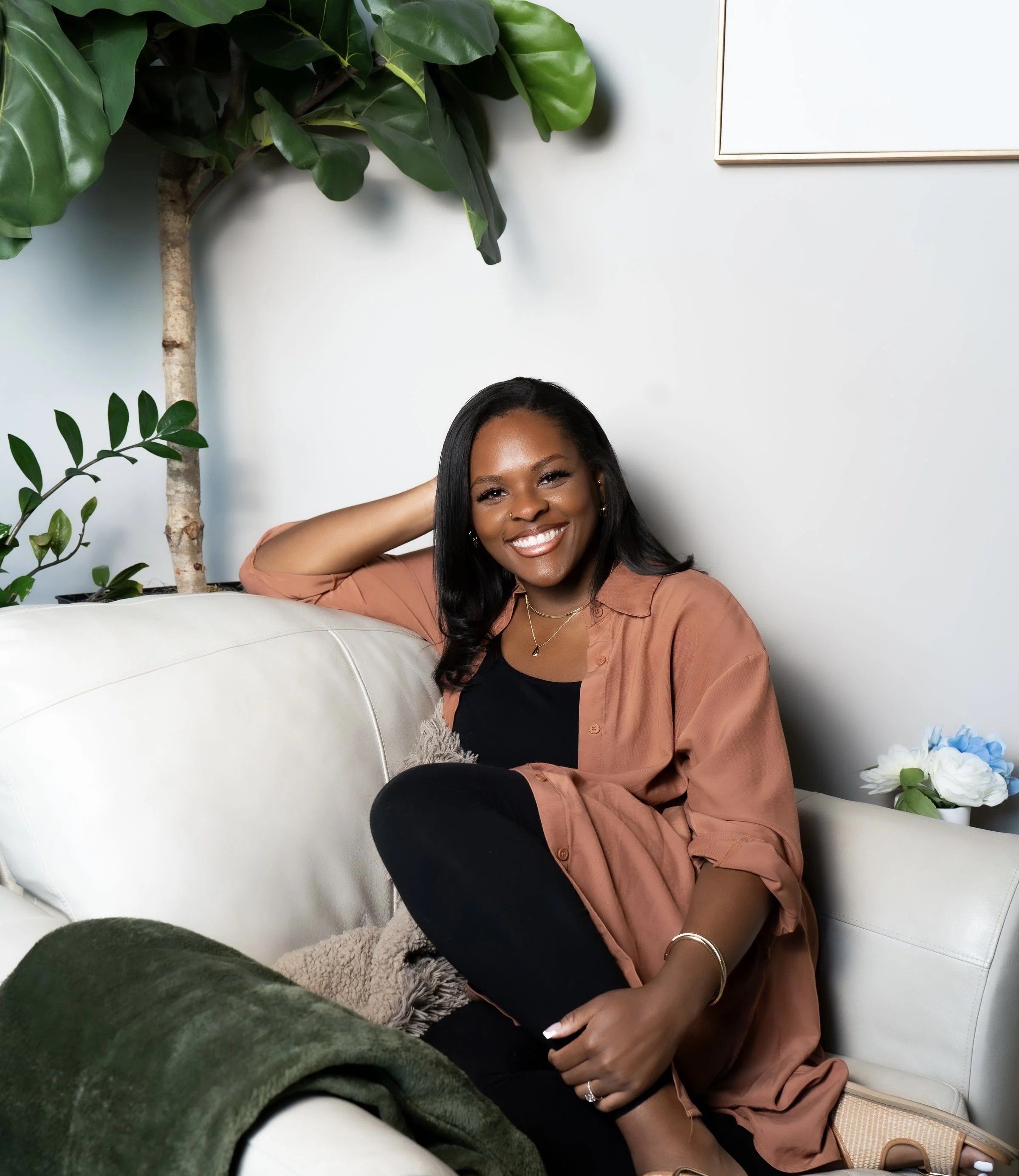Guest Blog Post: Hustle Culture and Its Impact on Mental Health with Amaya Ballard-Traylor
Hi there! I’m Amaya Ballard-Traylor, a therapist in Kansas City and the owner of Amaya Counseling & Co. I help individuals and couples navigate stress, relationships, and big life transitions. My goal is to create a safe, supportive space where people can pause, reflect, and move toward the life they want.
Hustle Culture and Its Impact on Mental Health
We live in a world that often glorifies “the grind.” Hustle culture tells us that success only comes from constant productivity — longer hours, fewer breaks, and always pushing for more. While ambition and hard work can be healthy, the pressure to always be “on” takes a toll on our mental health.
Hustle culture blurs the line between work and identity. Many people feel guilty for resting, as if slowing down means falling behind. This mindset fuels stress, anxiety, and burnout. Over time, the body begins to respond with exhaustion, sleep issues, irritability, or even physical illness. What starts as motivation quickly turns into survival mode.
The problem isn’t dedication — it’s imbalance. Mental health thrives when we create space for rest, relationships, and reflection. Pausing doesn’t mean weakness; it’s what allows creativity, clarity, and resilience to flourish. Ironically, stepping back often makes us more effective when we do return to work.
If you find yourself caught in hustle culture, it may help to ask: Who am I outside of my productivity? Building an identity beyond achievement can reduce pressure and allow you to live more fully. Therapy can provide support in untangling these beliefs, setting boundaries, and finding healthier rhythms that honor both ambition and well-being.
It’s time we redefine success — not as endless hustle, but as a sustainable, balanced life where mental health isn’t sacrificed for achievement.
About Amaya Ballard-Traylor
If you’d like to learn more about working with me, check out my website or my profile on Psychology Today. You can also find me on Instagram.
